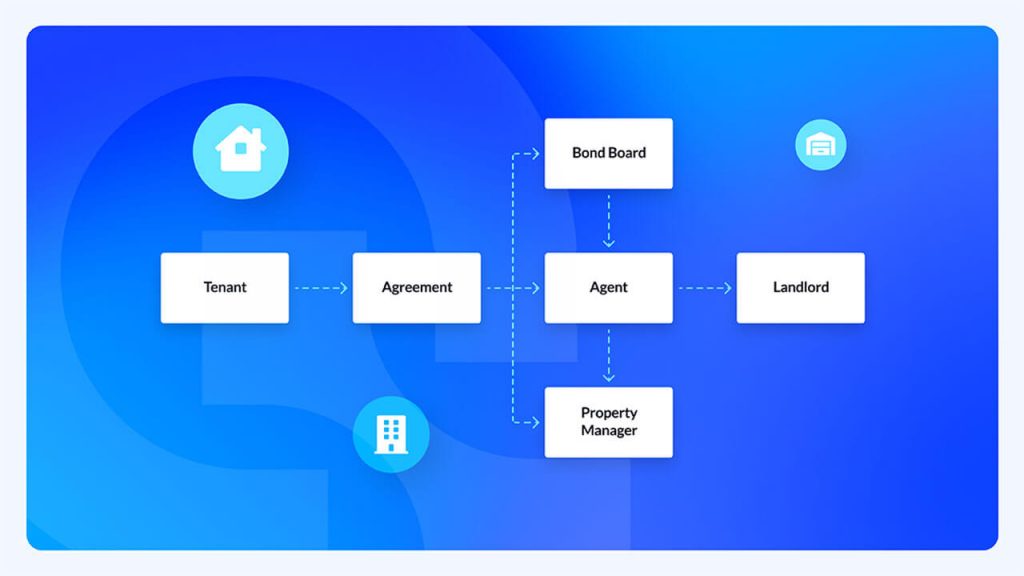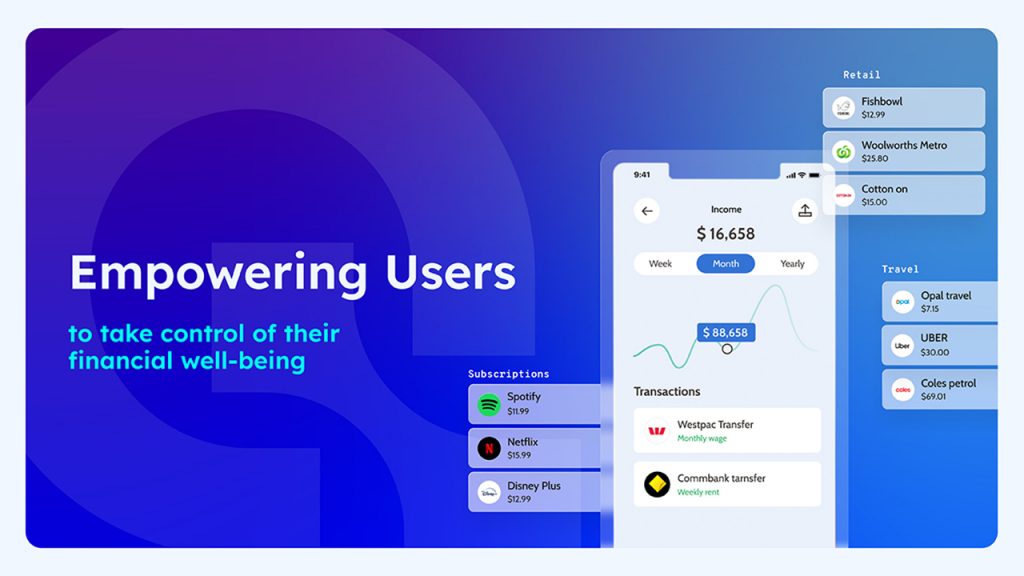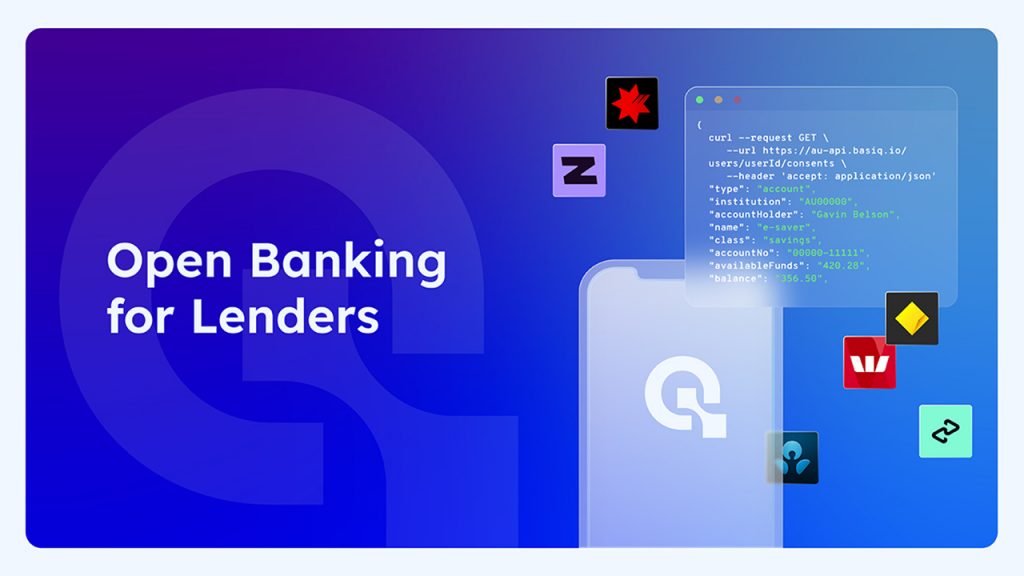Intelligent Donations
Traditionally the term “round up” has suggested that a consumer might buy a coffee for $4.50 and round up to $5, donating $0.5 at a time into their chosen charity or fundraising app. Things have progressed now and we have come to ‘Round Ups 2.0’. By providing a service that connects to customer-consented financial data, you are able to personalise the customer experience based on their behavioural traits, such as spending. Enriched transaction data empowers fintechs to identify certain ‘buckets’ that their customers spend their money on, enabling them to set rules around when and how much to donate.
Real Life Examples: Let’s say that I was to drive a big diesel car that is far from environmentally neutral. I might set a rule that every time I refuel my car, I will contribute the same amount into a sustainability fund. How about if I was to contribute to my local sporting organisation every time I was to order fast food or spend more than $50 at a pub?
How would this work? Once a consumer has provided consented access to their financial data, Basiq can enrich the transactions and identify certain merchant information and categorise the transaction into certain buckets (e.g. utilities, entertainment etc). With enriched data and a simple payment integration, the data and payments are all unified to create this intelligent workflow.
Is someone actually doing this now? : Check out what our Partner Spaceship is doing here – Spaceship has called it a “boost” and has various personalisations such as ‘Payday Boost’ or a “Rainy Day Boost” to enable automatic investments on one’s payday, or if it rains in a user’s area.
Smart Collections
(Smaller Amounts > Triggered at the right time > Recurring)
There’s a significant interest in using passive income as a means to wealth creation”, however the contrary isn’t something that has been tapped into. Consumers are more than happy to contribute to a chosen charitable cause or project, however we know there are a few roadblocks;
a) timing – when does it work for me?
b) amount – lump sum requests often reduce the probability of a donation and one-off donations can be prohibitive for those that may struggle with (a)
c) effort – reducing the friction to actually facilitate the transaction.
While direct debit agreements are commonly understood, what if you were able to link the “when” and “how much” to match the dynamic financial position of a consumer? “Rather than taking the traditional “set and forget” model, consumers can align their donations to match the time their bank balance is healthy enough to give a little”
Putting the ‘Smart’ into Collections
Enter Smart Collections! This allows you to understand when someone receives their regular income and action this payment based on a specific rule or condition. By setting a certain time (a), amount (b), and occurrence (c), paired with said rule, the consumer can be comfortable knowing that if their position changes, “company x” will not try to request funds.
Real Life Example: What if I set a recurring deposit to my favourite charity for $50 per month, but only to be paid the day after my pay comes in. The payment will only be triggered once Company X has received a notification that my regular income has been received into the connected account and will then proceed to trigger payment. This can be both reactive and proactive by setting the rule to:
a) take payment once I have received payment from my employer or
b) check my balance to ensure I have been paid before triggering payment.
Basiq works with Fintechs servicing a variety of different consumer categories including the booming “Investment App” sector (incl Spaceship, Bamboo, Pearler, Upstreet). We have uncovered interesting similarities between an NFP organisation and these consumer wealth fintechs;
a) they both survive on disposable income
b) both operate on very low margins and therefore rely heavily on automation
c) it is mandatory for both to have a smooth, engaging UX to avoid being putting into the “too hard basket” and
d) both find it increasingly hard to ask consumers to part with lump sum payments for their current model to be sustainable.
We have taken some of our lessons from the fintech world and reapplied them to make some suggestions for the charitable sector;
How would this work?

Is someone actually doing this now? : FU has built their “Positive Collections” product around the same concept, check it out here.
This use case is universal and can be replicated across the crypto, NFT, auto-saving, government (fine payments) and micro investing space. But companies with limited resources and sensitive budgets aren’t able to make biblical changes in a time when their marketing and fundraising takes up the majority of their focus. There are options;
- White label platform: Eg. GoGive, mycause.com.au, Up4Change, Change4Change
- Payment Pathways : Eg. Basiq integration with Zepto
In summary, the innovation that has occurred already in the fintech sector has impacted the way in which a consumer can save, invest and transact with various financial products. The same technology (data and payments) can lead the way for innovation in the philanthropic sector, shifting the way in which Australians can engage with their chosen charity or cause.
If you’re building a Fintech solution and need ongoing access to banking data, get in touch with our team to see how Basiq can help.
Article Sources
Basiq mandates its writers to leverage primary sources such as internal data, industry research, white papers, and government data for their content. They also consult with industry professionals for added insights. Rigorous research, review, and fact-checking processes are employed to uphold accuracy and ethical standards, while valuing reader engagement and adopting inclusive language. Continuous updates are made to reflect current financial technology trends. You can delve into the principles we adhere to for ensuring reliable, actionable content in our editorial policy.




